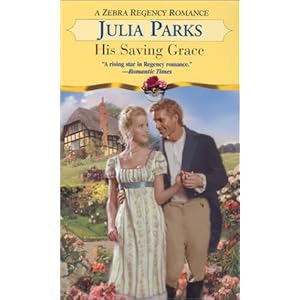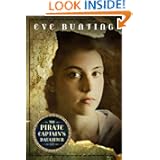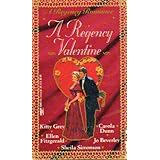Downton Abbey Season 2
Last night was Sunday. I went through Downton Abbey withdrawal as I am sure the rest of you dear readers did! Season 2 has drawn to a close and we must wait another year to visit with the Crawleys again. Season 2 was an action-packed season full of melodrama, well-drawn characters and amazing dialogue.
The highlights:
Lady Violet, as always gets the best lines. My favorites are:
"You are a lady, not Toad of Toad Hall."
“It’s like living at a second rate hotel where the guests just keep arriving and no one seems to leave.”
"Don't be defeatist dear, it's very middle class."
"I hate Greek tragedy. With all the drama happening off stage."
"Do you promise?"
"Do you promise?"
Edith's journey
Finally, Lady Edith comes into her own and finds a purpose! Go TeamEdith!
The war
As terrible and tragic as it was, I think they handled the war bits very well and the war scenes were so realistic. The Armistice scene was especially moving.
Matthew
How could you not love him this season? In Season 1 he let Mary walk all over him and I didn't much like him, but he was much improved this season. Aside from his self-pitying moments and the ridiculous tingling scene and his miraculous recovery... um well he's nice to look at anyway, isn't he? Except when he's pale as a vampire with striking blue eyes.
Mary
Mary is much improved this season. The war really changed the family and for the better I think. I don't understand why anyone would care about a scandal 7 years old though. Her judgment regarding Sir Richard was a bit lacking. A hawker of newspaper scandal? Really Mary, even if you're desperate you can do better than that!
The Christmas episode
Best episode ever! So wonderful and swoonworthy! I loved it!
Low points
Thomas and O'Brien
Thomas is so nasty and he never learns. Just as I was about to feel sorry for him, he would do something horrible again. Dognapping is a terrible crime.
I have mixed feelings about O'Brien. She was kind to Lang and she seems to be growing a conscience but she still gossips freely with Her Ladyship and she is still out for herself and only herself. She just feels guilty because she nearly killed the Countess and caused Lady Grantham to lose the future heir.
Mr. Bates and Anna
I love them together. Why can't they be happy? Bates is too noble and he should have known better than to blackmail Vera in the first place. There's no way she would settle for a little bit when she could have the whole and create a scandal in the bargain. She simply had to go. Now the question remains: whodunnit?
P. Gordon
So is he or isn't he? Why did they just drop him? I felt sorry for Edith. She was grasping at her last chance for happiness. I believed him until Edith told him they would go looking for Peter Gordon and burned P. said they would find him. Then he disappeared instead of staying to stake his claim. I hope this comes up again in Season 3.
Sybil
I was so disappointed in Sybil. I loved her in Season 1. I loved her when she became a nurse and I ended the season hating her. She gave up everything for a man. I didn't get the impression she really loved Branson, she just wanted adventure and to thumb her nose at her snobbish family. Ugh. He was no prize either. I felt he was pressuring her.
The Influenza
What a horrible disease in real life and only one casualty? Sir Richard needed to succumb to the 'flu. The Countess's illness was awful and there was no way she would be up and about that quickly. This topic leads to the #1 low point of the season:
Jane
REALLY? I don't think the Earl acted according to character at all. I suspected Jane for different reasons in the very beginning. I did not like this plot at all and it was really misplaced and out of character.
Other thoughts at large:
I didn't like Lavinia that much. She was too insipid. She would have been good for Season 1 Matthew, the solicitor determined to be himself but now he's changed so much. He's more worldly and damaged thanks to the war and he needs a wife who won't put up with his brooding nonsense and who is worldly enough to understand what he's been through. That being said, Lavinia didn't deserve to die.
William's death was very sad but I knew he was going to die in the war. He was too nice and too much of a simple country lad to survive the war. Plus his death gave Daisy a way out of her predicament. I'm glad she finally got some closure at the end though.
I was happy with the way the season ended and I shall read the UK reviews for Season 3 before I decide if I want to watch.
In the meantime, while we suffer withdrawal, have some fun!
Print out Vulture's Downton Abbey Paper Dolls
Too funny!
Or trade these Vanity Fair Downton Abbey Trading Cards with your friends. Totally spot on!
In the meantime, while we suffer withdrawal, have some fun!
Print out Vulture's Downton Abbey Paper Dolls
Too funny!
Or trade these Vanity Fair Downton Abbey Trading Cards with your friends. Totally spot on!
Take this quiz from London's Daily Mail if you dare. Even I couldn't answer every question correctly.




















